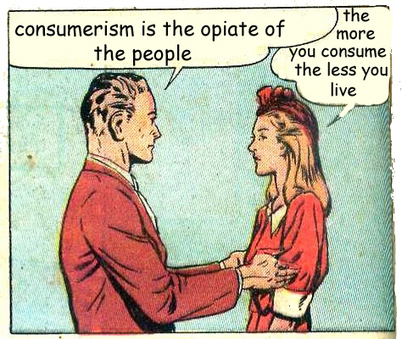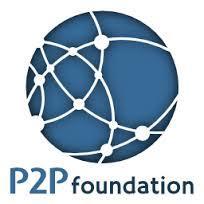“We believe that a new economy cannot be built in vacuum. We see this as a process of metamorphosis. The ethical and aware classical players will join first to transfer their classical store value and production assets into new assets. This is in essence a transfer of resources from the old economy into the new.... Continue reading →
Research and publish the best content.
Get Started for FREE
Sign up with Facebook Sign up with X
I don't have a Facebook or a X account
Already have an account: Login
on peer-to-peer dynamics in politics, the economy and organizations
Curated by
jean lievens
 Your new post is loading... Your new post is loading...
|
|




















